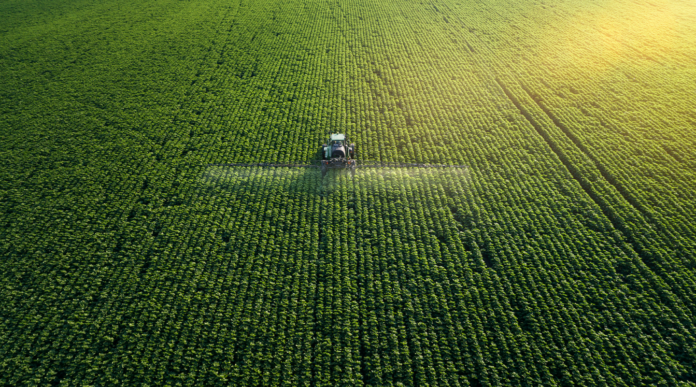In the heated arena of federal legislation, a dynamic shift is unfolding. As the 2018 Farm Bill approaches its renewal, a chorus of voices representing Native American agriculture is rising, demanding a revolution in tribal self-governance and the dismantling of barriers that hinder the U.S. Department of Agriculture’s (USDA) food and nutrition programs.
Tribes Seek More Authority In Farm Bill Renewal : The Tribal Groups’ Stand
Imagine a mosaic of all Farm Bill’s titles, each piece representing a different aspect of agricultural policy. Now, imagine tribal groups reassembling this mosaic with a focus on their unique needs and visions. This is what’s happening according to a recent Congressional Research Service report.
The Senate, on November 15, acted as a catalyst, extending the bill’s life through September with a decisive vote. But the real game-changer lies in the hands of the Native Farm Bill Coalition, a powerhouse alliance of 208 tribes and 62 organizations. They argue that Native farmers and ranchers have been sidelined in Farm Bill discussions for too long, missing crucial opportunities to safeguard and elevate their interests.
Tribes Seek More Authority In Farm Bill Renewal : The 2018 Milestone and Beyond
2018 marked a watershed moment for Indigenous tribes in farm policy. With over 60 provisions tailored for Native agricultural producers and communities, the bill heralded “unprecedented” gains. Now, as the bill gears up for renewal, the coalition’s website lists more than 150 policy priorities. These range from food security and tribal sovereignty to economic development, natural resource stewardship, and rural infrastructure.
The Keystone: Expansion of “638” Programs
Central to the tribes’ agenda is the expansion of “638” programs under the 1974 Indian Education and Self-Determination Act. This act empowered tribes to operate programs serving their communities through contracts with the federal government. The tribes seek to weave this authority more deeply into the USDA’s fabric.
Addressing Educational Inequities
The upcoming Farm Bill also presents a chance to rectify long-standing imbalances affecting historically Black and tribal land-grant institutions. According to the Center for American Progress, these institutions lag in resources and facilities compared to their predominantly white counterparts, despite their vital role as economic and innovation catalysts.
Legislative Progress and Representation
Senator Deb Fischer’s recently passed bill in the Senate illuminates a path towards greater influence for tribal colleges and universities in federal funding discussions. The National Advisory Council on Indian Education Improvement Act, a beacon of progress, mandates the inclusion of at least one tribal college or university president, ensuring their voices are heard in shaping educational policies.
Amplifying Tribal Voices in Farm Bill Renewal
The Native American tribes’ push for expanded “638 authority” in the Farm Bill renewal is multi-faceted. It encompasses amendments to the USDA’s Food Distribution Program on Indian Reservations, aiming to enhance sovereignty in purchasing tribally produced foods. The nutrition title, crucial for Indian Country, is under the spotlight, with a significant percentage of Indigenous households reliant on programs like SNAP and WIC.
Tribes Seek More Authority In Farm Bill Renewal : The Fight for Food and Forestry
The coalition’s priorities also include full authority for tribes in USDA forestry programs and protection for sacred sites. They advocate for the application of the Good Neighbor Authority across all USDA programs and the creation of a dedicated “638 authority” office within the USDA. This expansion would empower tribes to purchase certain USDA lands and recognize tribal departments of agriculture.
A Call for Inclusive Collaboration
The push extends to broader assistance in hiring preferences, procurement, and cooperation within the USDA and other federal agencies. The coalition emphasizes the need for increased food assistance programs, particularly for urban Indian communities, ensuring that no member of the tribal nations is left behind in this crucial legislative renewal.



